In 1969, a year after Yasunari Kawabata won the Nobel Prize for Literature, writer Yasushi Inoue was nominated for the award for the first time. In 1981, reporters flocked to Inoue's home, believing that he would receive the honor. For his part, he compared the Nobel Prize to "a stone falling from the sky and hitting someone out of billions of people around the world ."
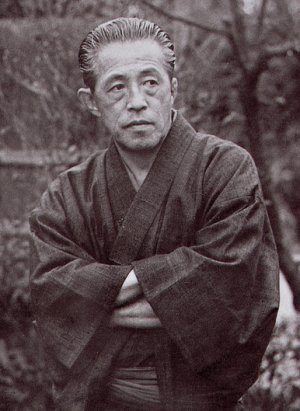
Writer Yasushi Inoue
Perhaps not winning the Nobel Prize is not Yasushi Inoue's bad luck, but the bad luck of the international literary world. Because that means the world's literary world does not have many opportunities to access the works of a 20th century Japanese literary master.
The two works Shotgun and Snow Beetle are two projections from different areas of Yasushi Inoue's legacy. If you just read the text without paying attention to the author's name, many readers will be surprised to know that they are by the same author. Both have characters reminiscing about the past, but if Shotgun is the longing of souls stained with sinful pleasure, Snow Beetle is the longing of an infinitely pure soul. Both books use animals as metaphors for the human state of life, but in Shotgun it is the image of jealous snakes, while in Snow Beetle it is the image of a flock of fragile white insects like cotton fluttering in the twilight, almost disintegrating.
Soul Fire
The Shotgun begins with a poem about a hunter, and then the author of the poem receives four letters, the first from a man who identifies himself as the hunter in the poem, the other three from three women: his wife, his lover who is also his wife's sister, and the lover's daughter.
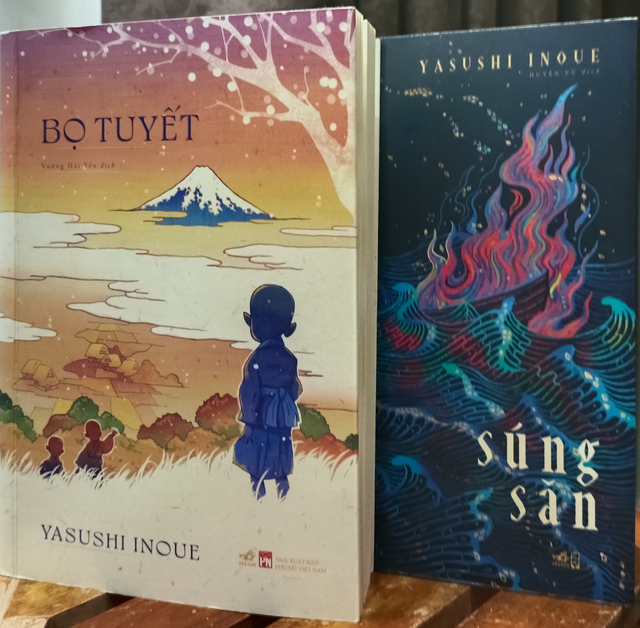
Two works Shotgun and Snow Beetle by Yasushi Inoue
Three thin letters contain the most unjust love that crushes the human heart, each letter is a fire that slowly burns the writer from within. The complex layers of consciousness of passion, jealousy, hatred, the evil of beauty, suicides for love are not unfamiliar themes in Japanese literature, readers may have encountered them in Akutagawa, Kawabata, Tanizaki, Mishima. However, Yasushi Inoue still has his own style. Growing up right around the time expressionism was born in painting, Yasushi Inoue seems to have written this short novel in the style of a painter, with streams of intense emotions swiping on the page or passages with painful, even fiery colors.
It is the scene where the young wife sees her sister and her husband on the beach, she moves towards it and is stopped by the perfect blue of the ocean; it is the scene where the husband points an unloaded gun at the back of his wife's neck and she wishes he had shot her; it is the scene where the husband and his lover see a burning boat in the middle of the stormy night sea and that overwhelmingly beautiful scene urges the two lovers to embark on a hopeless, depraved love affair.
The form of letters within letters, with the hunter's opening letter appearing calm in the midst of desolation, then continuing to flip through the attached letters of the three women arranged in order of increasing suffering, makes the story a continuous struggle between the violence of the past and the tranquility of the present. Perhaps, the most frightening thing in a soul fire is not when the fire starts, but when the fire has gone out, and the character quietly contemplates the ruins of his heart.
Yasushi Inoue's Childhood Days
In stark contrast to the atmosphere of Shotgun , the novel Snow Beetle is a sad and beautiful story about a boy named Kousaku living in the Izu Peninsula, where he is taken care of by Mrs. Onui, a former geisha and the concubine of Kousaku's great-grandfather. The story is inspired by Yasushi Inoue's own childhood away from his parents.
Snowbug is not a naive novel, on the contrary, it fully describes the cruelty of life: there is jealousy between family members, there is discrimination between rich and poor in society, there is the inferiority complex of a country boy, there is prejudice against young women who have made mistakes, there is illness, there is death - the death of both the old and the young.
Yasushi Inoue (1907 - 1991) was a great Japanese writer and poet, a member of the Japan Academy of Arts and received the Japanese Cultural Medal in 1976. In 1950, he won the prestigious Akutagawa Prize for his novel Bullfighting . His works are often set in modern times and tell the lonely souls of intellectuals, or autobiographies, or historical novels. His poetic writing style is widely loved, and many of his works have been continuously adapted into films, television, and theater. The Yasushi Inoue Memorial Foundation, established in 1992, has also awarded prizes to many Vietnamese researchers for their research on Japanese culture.
But the one who witnessed those things was Kousaku, and his eyes seemed to cover the world with a white light of honesty. His determination to live extends to the last lines of the work, after the death of an aunt whom Kousaku loved the most, he still climbed all the way to the top of Amagi Pass with his friends, singing as they walked in the early autumn wind.
Somewhere we can imagine that this boy Kousaku, when he grows up a little, will be somewhat like Shoko, the stepdaughter of her lover in Shotgun . The girl read her mother's diary before she drank poison and discovered the terrible secret between her mother, aunt and uncle, yet she was still pure enough to feel the wrong love between her mother and uncle like a flower petal frozen in glass, and believed that her mother had lived a happy life. No matter how cruel life is, how deceptive the beauty on the outside is, there is still a transparent beauty inside children, which can be burned but cannot be damaged.
Source link



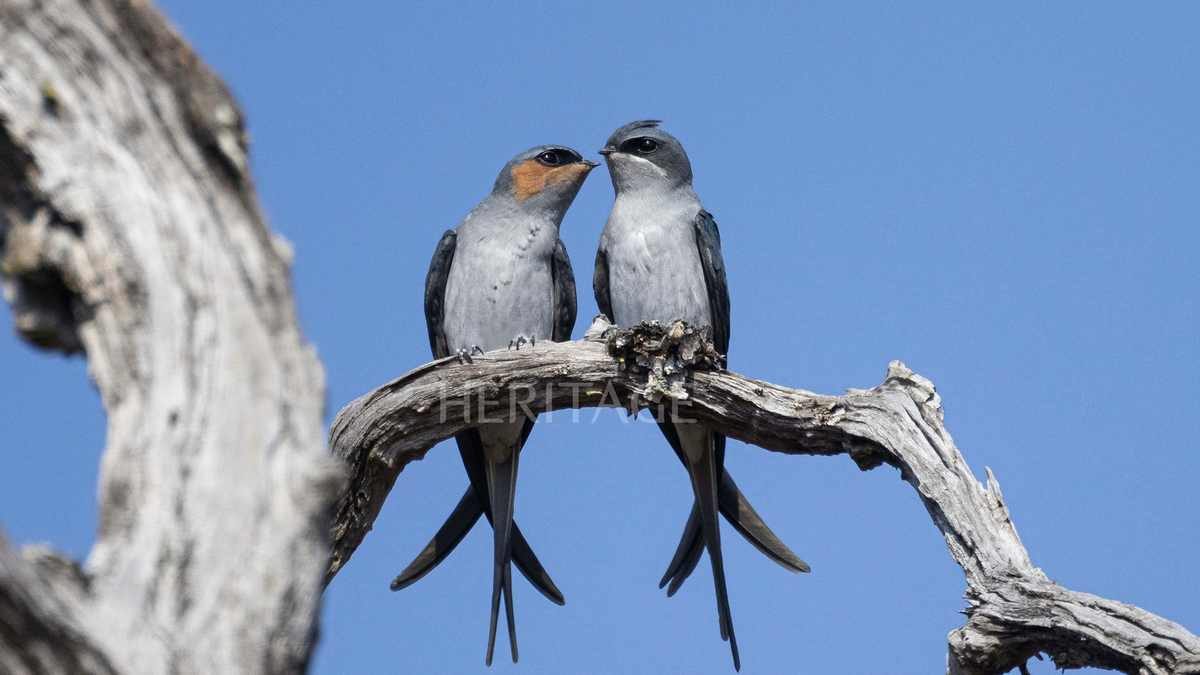

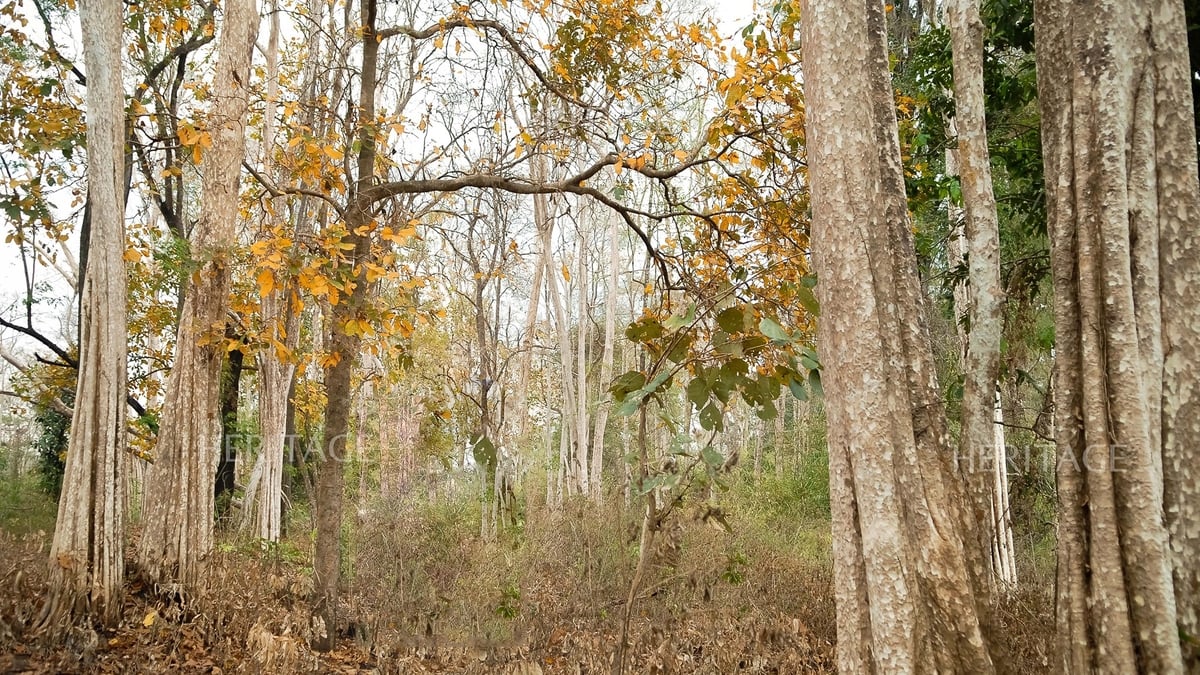

![[Photo] Award ceremony for works on studying and following President Ho Chi Minh](https://vphoto.vietnam.vn/thumb/1200x675/vietnam/resource/IMAGE/2025/5/20/a08ce9374fa544c292cca22d4424e6c0)


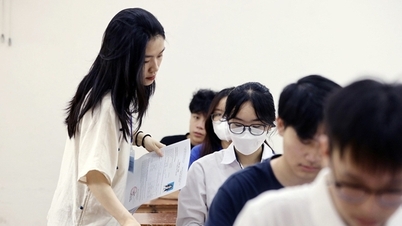






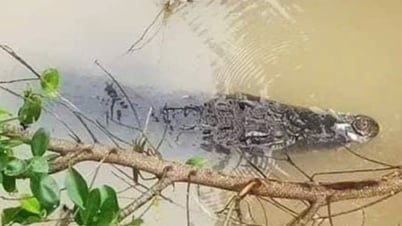







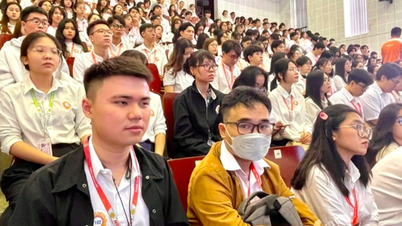



![[Photo] Vietnamese shipbuilding with the aspiration to reach out to the ocean](https://vphoto.vietnam.vn/thumb/1200x675/vietnam/resource/IMAGE/2025/5/20/24ecf0ba837b4c2a8b73853b45e40aa7)







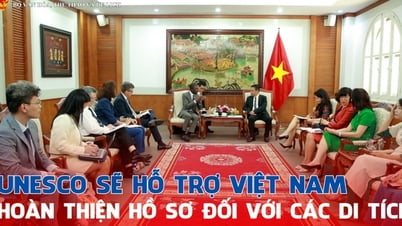

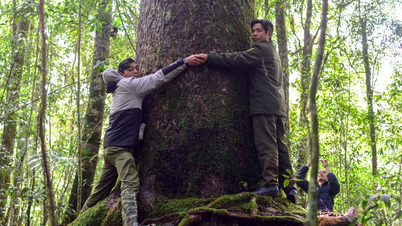


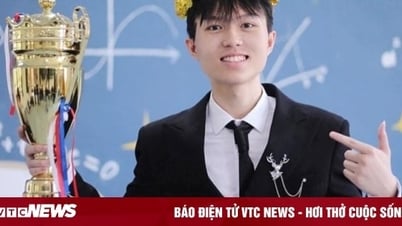



















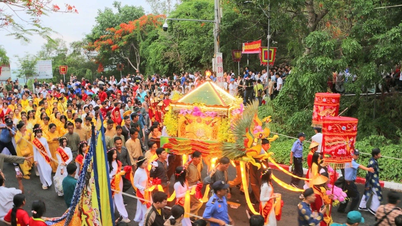


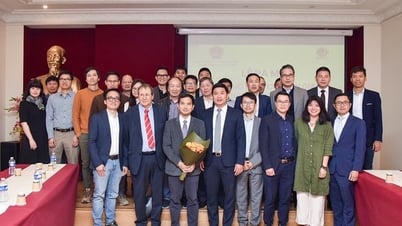
















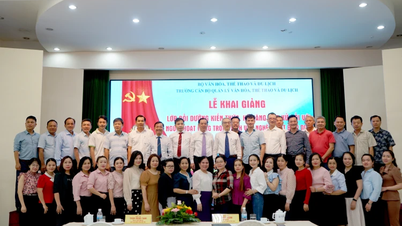










![[VIDEO] - Enhancing the value of Quang Nam OCOP products through trade connections](https://vphoto.vietnam.vn/thumb/402x226/vietnam/resource/IMAGE/2025/5/17/5be5b5fff1f14914986fad159097a677)
Comment (0)